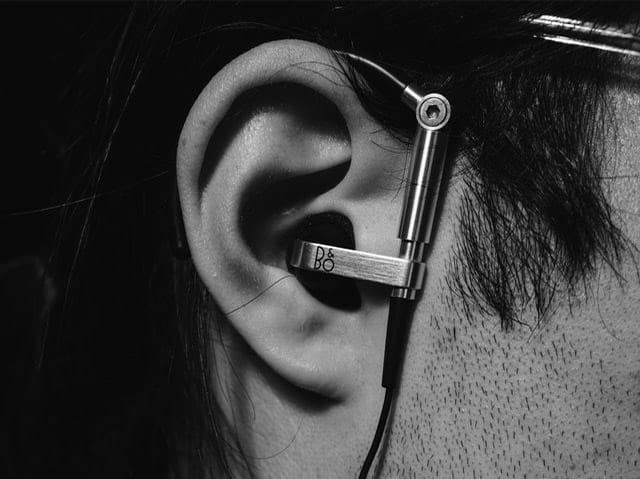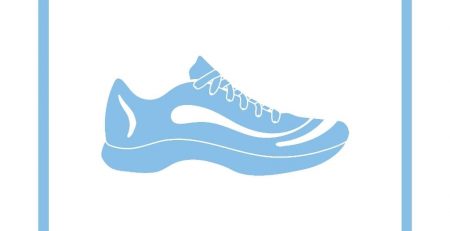Misophonia Found to Have a Neurological Basis
For the first time, researchers have taken a closer look at why some people may react more strongly to particular noises than others.
Known as misophonia, this disorder causes sufferers to experience “abnormally strong and negative reactions to the ordinary sounds humans make, such as chewing or breathing.” According to the Misophonia Institute, approximately 15% of adults suffer from this disorder, meaning approximately forty million people have misophonia in the United States.
Scientists from a number of research centers across the UK conducted brain scans of 20 misophonic people and 22 people without the condition “and found physical differences as to how their brains are wired,” according to IFLScience.com. They played participants a range of different noises that were categorized as neutral, unpleasant, or an individual’s “trigger noise, which could be anything ranging from eating crisps to sneezing.”
They found the region of the brain that connects our senses with emotions were wired differently in those who suffer from misophonia than those who do not, causing the former “to not just feel annoyed by the noises, but to have genuine anger or hatred, feel threatened, panicked, or stressed when they hear them.”
“They are going into overdrive when they hear these sounds, but the activity was specific to the trigger sounds not the other two sounds,” co-author of the study Dr. Sukhbinder Kumar told BBC News. “The reaction is anger mostly, it’s not disgust, the dominating emotion is the anger – it looks like a normal response, but then it is going into overdrive.”
While this study may help misophonic people feel vindicated, there is no insight into how medical professionals can treat those with the condition. Read the full study in Current Biology.














